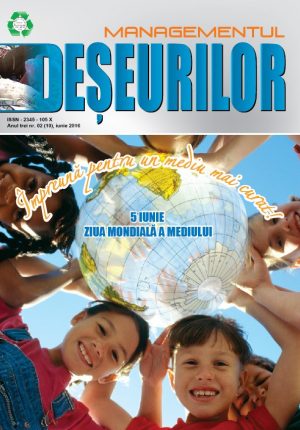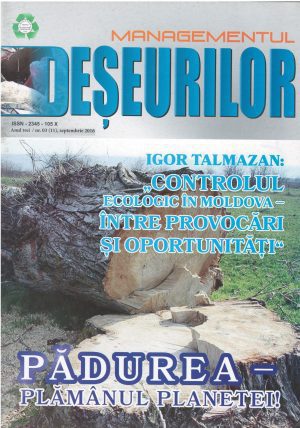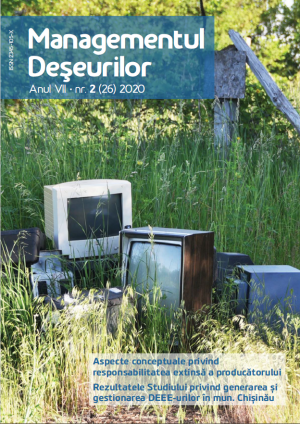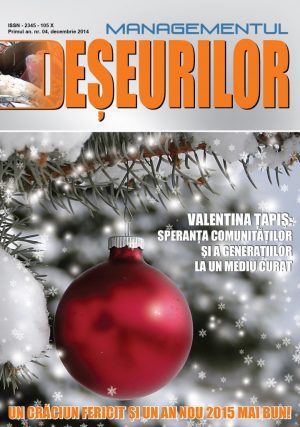Description
 Separate waste collection was promoted at EUGreenWeek2020
Separate waste collection was promoted at EUGreenWeek2020
AO Association for Waste Recovery together with ABS Recycling officially joined the launch of the campaign for the selective collection of recyclable waste within the Ministry of Agriculture, Regional Development and Environment (MADRM) and the Ministry of Foreign Affairs and European Integration.
 "Drivers are needed in the EDUCATION of a PRO environment attitude" Conference "DeeeEDU"
"Drivers are needed in the EDUCATION of a PRO environment attitude" Conference "DeeeEDU"
On October 15, the Association for Waste Recovery started the online conference "DeeeEDU: Through EDUcaţie we save the new generations" with the aim of discussing the most urgent problems related to the management of WEEE
 Over 90 % of the plastic produced is not recycled! The negative effects having an enormous impact on health and the environment
Over 90 % of the plastic produced is not recycled! The negative effects having an enormous impact on health and the environment
World plastic production has grown exponentially since the early 1950s (1.5 million tons) and reached 359 million tons in 2018. Most plastics do not degrade.
 The national platform "ECO ALERT" was launched
The national platform "ECO ALERT" was launched
The EIB loan will help implement the 2013-2027 Waste Management Strategy of the Republic of Moldova, involving projects aimed at the modernization and development of solid waste management systems and facilities in 8 regions of our country.
 AVD and CCI launched an active dialogue on the dimension of efficient waste management
AVD and CCI launched an active dialogue on the dimension of efficient waste management
In the current October-November period, the Waste Recovery Association at the invitation of the Chamber of Commerce and Industry of the Republic of Moldova conducted 3 online dialogue sessions on the dimension of efficient waste management.
 6 Educational sessions and 100 opinion leaders from the Străseni district prepared to promote separate waste collection
6 Educational sessions and 100 opinion leaders from the Străseni district prepared to promote separate waste collection
Only a community informed and aware of the danger of PLASTIC pollution makes possible and determines the success of a project and the continuity of the actions carried out. "Don't be the man in the bottle! Save yourself!” is the title of the campaign identified with the opinion leaders, who have also undertaken to disseminate and be the messengers of the project in the locality.
 Best Environmental Management Practices for Municipal Solid Waste (MSW)
Best Environmental Management Practices for Municipal Solid Waste (MSW)
The best environmental management practices presented in this section focus on municipal solid waste (MSW) management.
 WEEE in SCRAP: Problems and solutions associated with treating WEEE as scrap metal
WEEE in SCRAP: Problems and solutions associated with treating WEEE as scrap metal
Finding an appropriate, harmonized methodology for collecting data on the amount of WEEE that is in the waste stream is essential to understanding what is happening in the e-waste market.
 The Ialpug River and the sewage treatment plants in the midst of a national pandemic of irresponsibility, mediocrity and incompetence
The Ialpug River and the sewage treatment plants in the midst of a national pandemic of irresponsibility, mediocrity and incompetence
The local authorities located along the Ialpug River do not take any measures to impose bans on the use of water from the river. Ecologists sound the alarm: the main river of Gagauzia could disappear, the Ialpug River is in a catastrophic situation.
 The amount of PLASTIC objects has increased due to COVID-19
The amount of PLASTIC objects has increased due to COVID-19
About 25 tons per month during the pandemic, compared to about 8 tons until last March — all this protective equipment ends up in the garbage.
 The leachate treatment plant from the municipal waste landfill, built in the proportion of 90%
The leachate treatment plant from the municipal waste landfill, built in the proportion of 90%
Chisinau municipality city hall informs that the construction works of the leachate treatment station produced from solid household waste, stored at the municipal landfill in Ţînțareni commune, were carried out in the proportion of 90%.

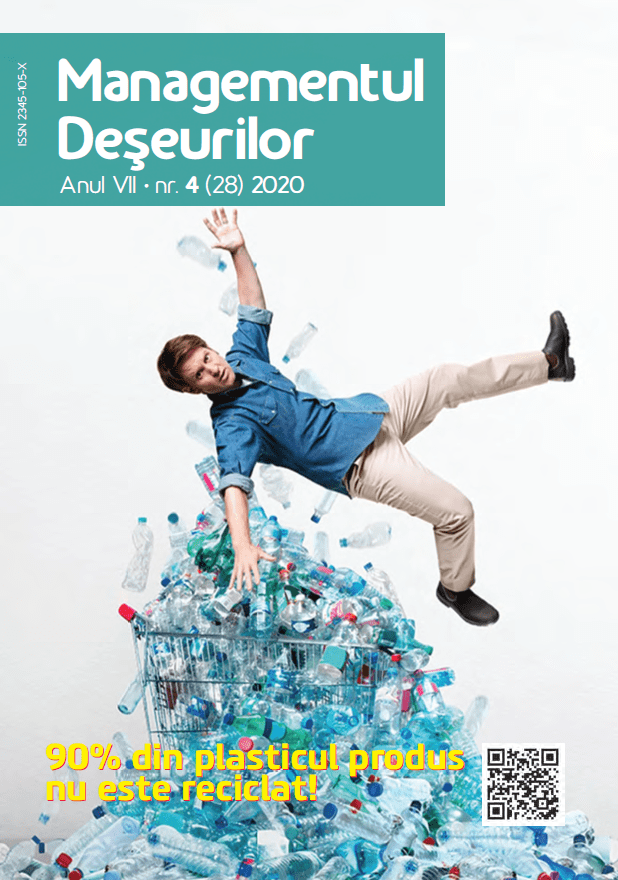
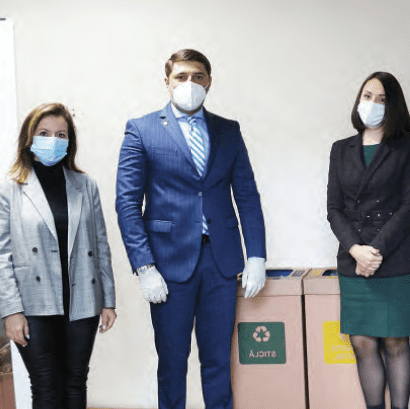 Separate waste collection was promoted at EUGreenWeek2020
Separate waste collection was promoted at EUGreenWeek2020 "Drivers are needed in the EDUCATION of a PRO environment attitude" Conference "DeeeEDU"
"Drivers are needed in the EDUCATION of a PRO environment attitude" Conference "DeeeEDU" Over 90 % of the plastic produced is not recycled! The negative effects having an enormous impact on health and the environment
Over 90 % of the plastic produced is not recycled! The negative effects having an enormous impact on health and the environment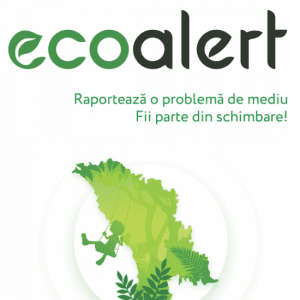 The national platform "ECO ALERT" was launched
The national platform "ECO ALERT" was launched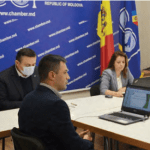 AVD and CCI launched an active dialogue on the dimension of efficient waste management
AVD and CCI launched an active dialogue on the dimension of efficient waste management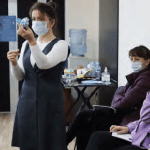 6 Educational sessions and 100 opinion leaders from the Străseni district prepared to promote separate waste collection
6 Educational sessions and 100 opinion leaders from the Străseni district prepared to promote separate waste collection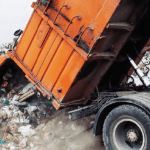 Best Environmental Management Practices for Municipal Solid Waste (MSW)
Best Environmental Management Practices for Municipal Solid Waste (MSW)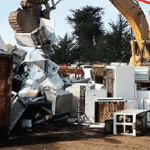 WEEE in SCRAP: Problems and solutions associated with treating WEEE as scrap metal
WEEE in SCRAP: Problems and solutions associated with treating WEEE as scrap metal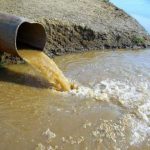 The Ialpug River and the sewage treatment plants in the midst of a national pandemic of irresponsibility, mediocrity and incompetence
The Ialpug River and the sewage treatment plants in the midst of a national pandemic of irresponsibility, mediocrity and incompetence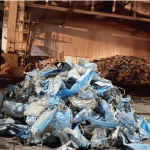 The amount of PLASTIC objects has increased due to COVID-19
The amount of PLASTIC objects has increased due to COVID-19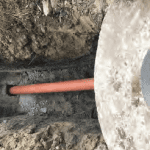 The leachate treatment plant from the municipal waste landfill, built in the proportion of 90%
The leachate treatment plant from the municipal waste landfill, built in the proportion of 90%